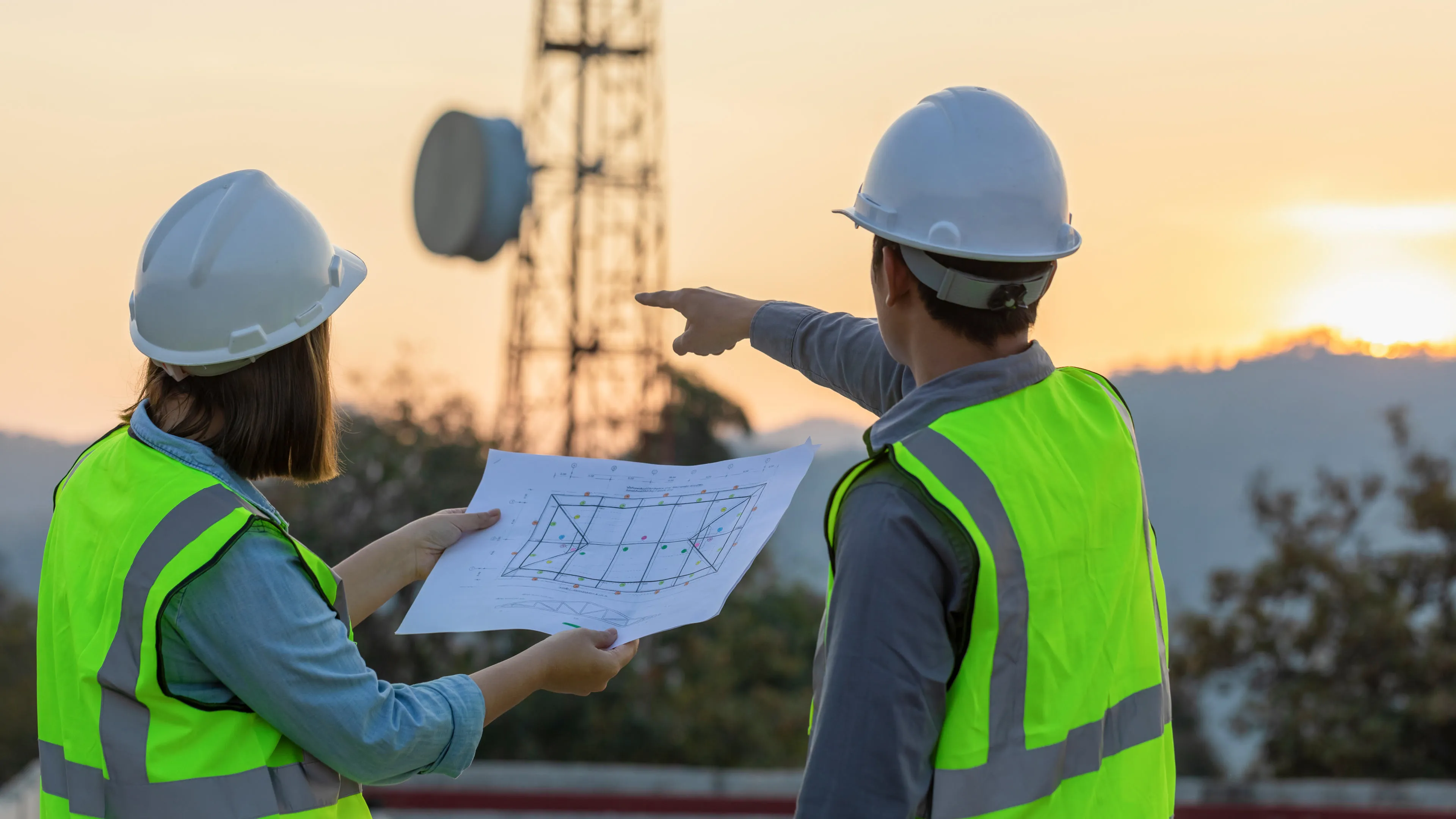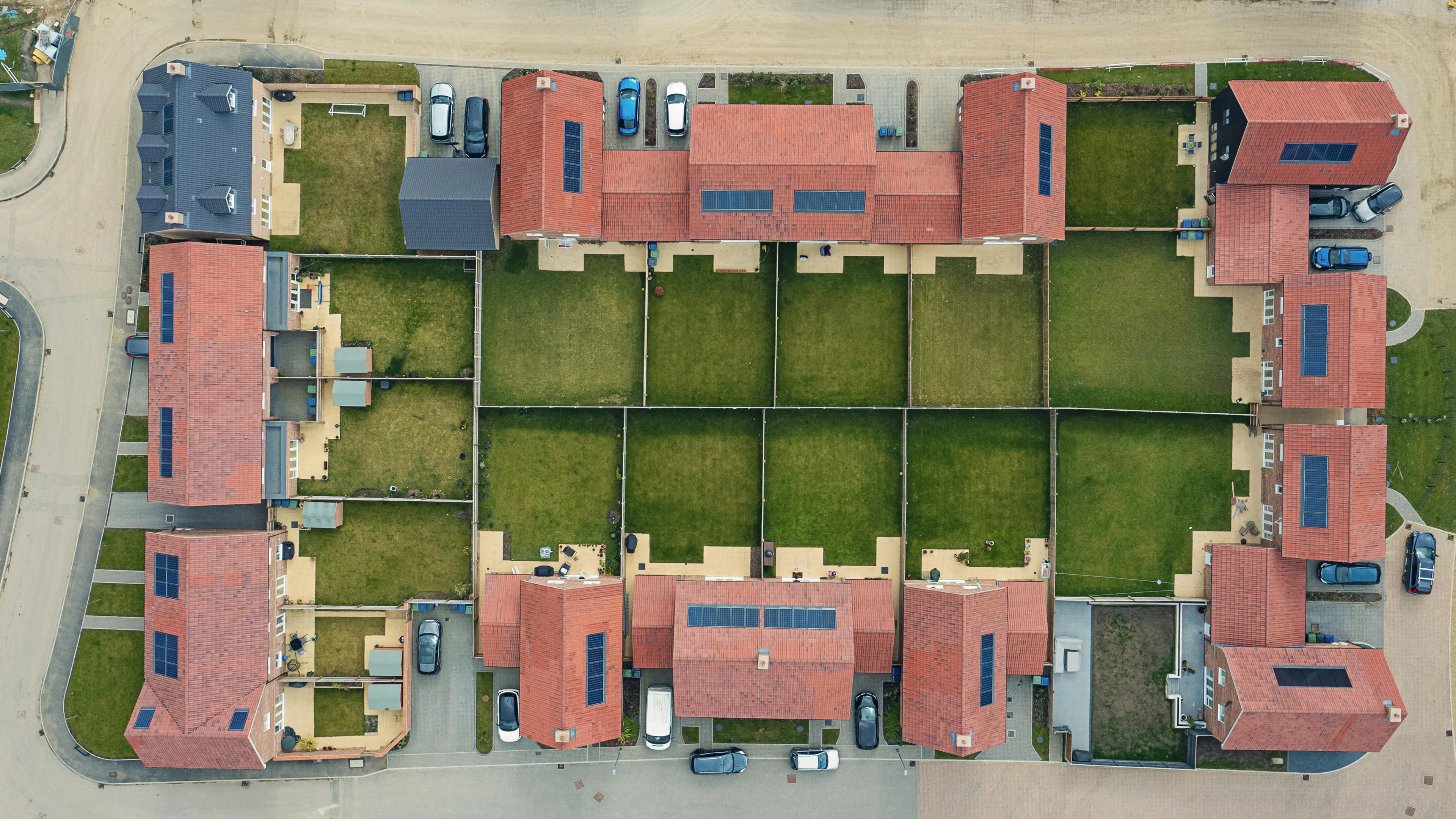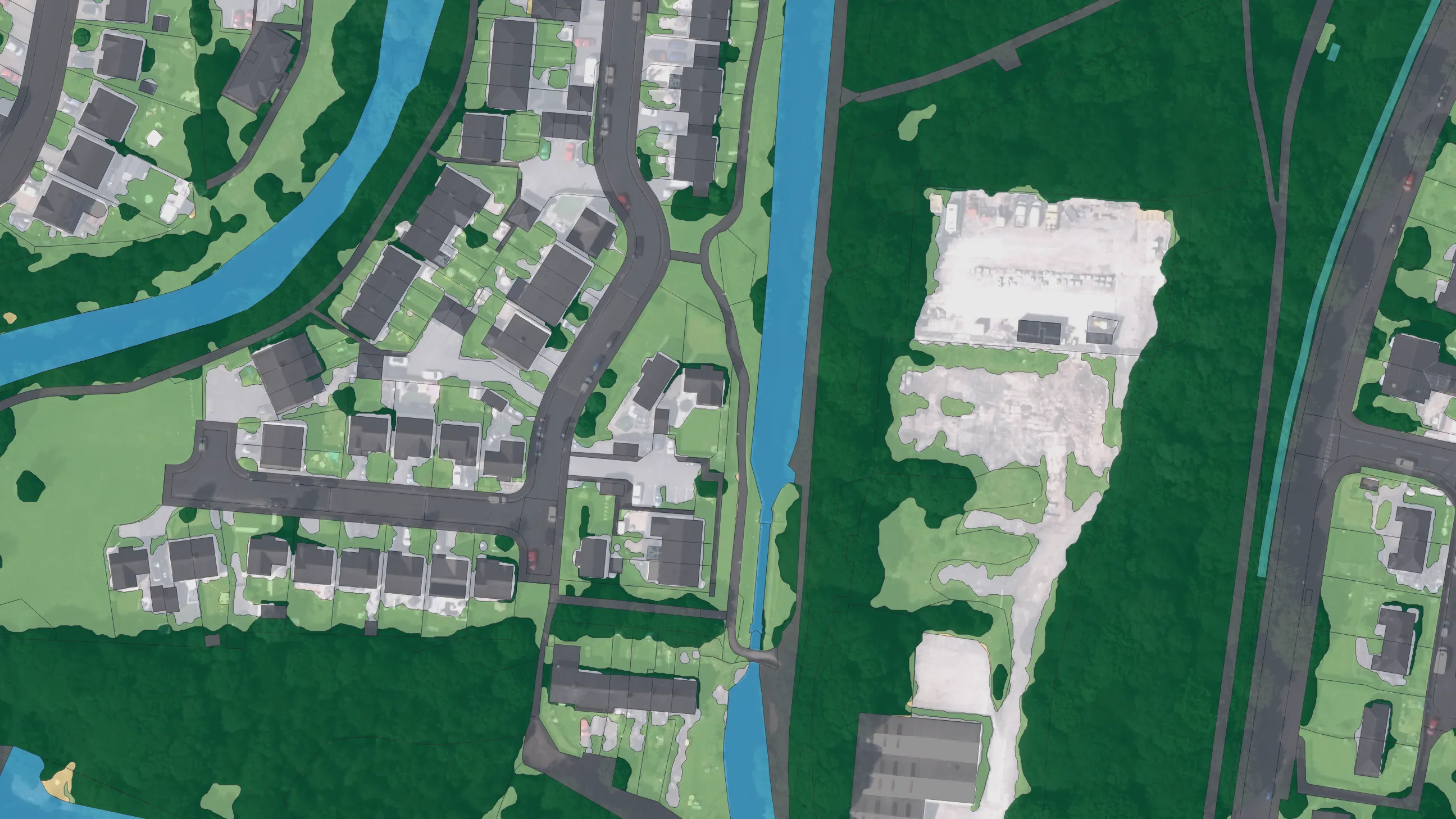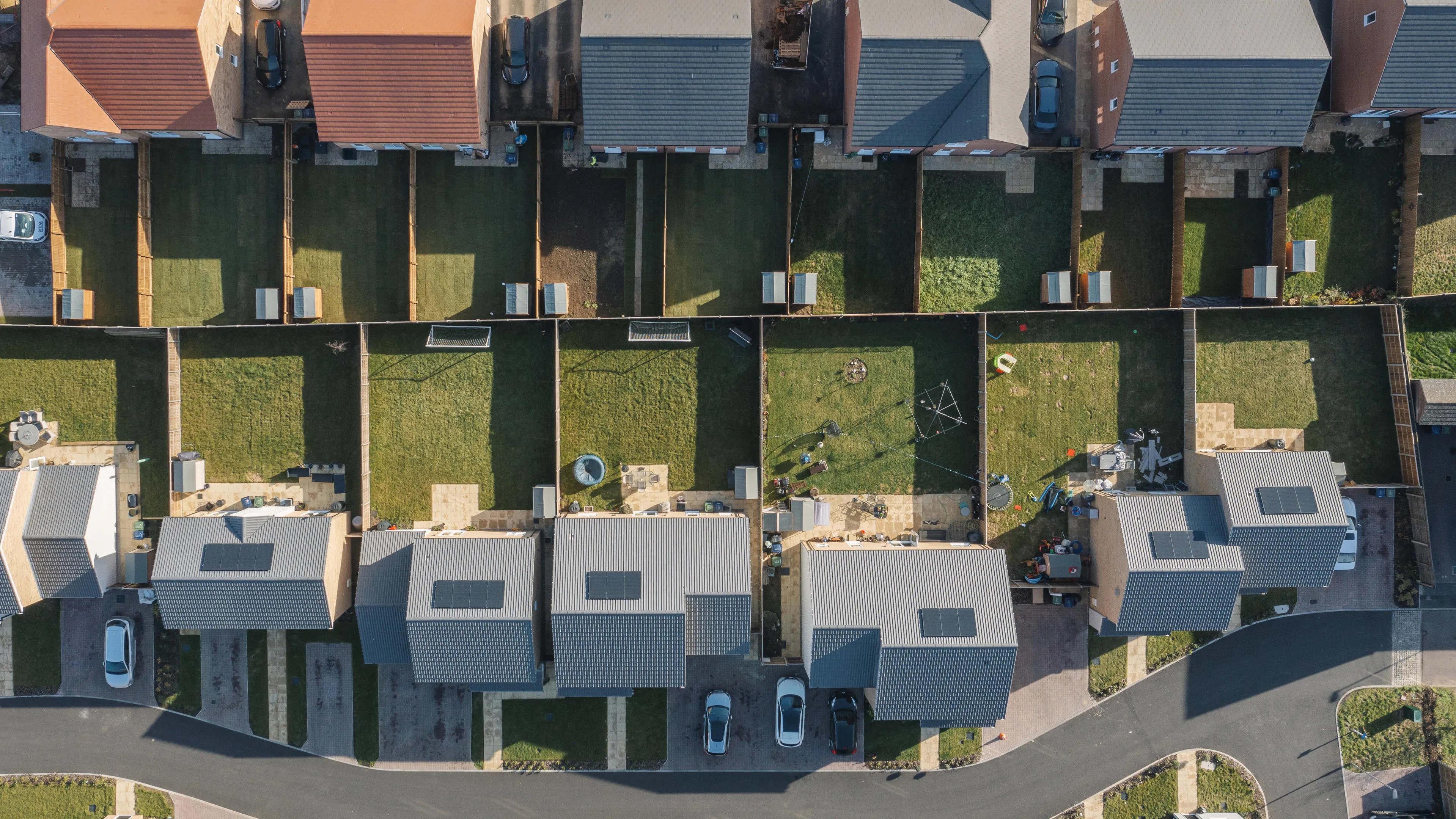Insights
Explore expert geospatial insight and thought leadership
Filters (0)
- Page 1
- Insight
- Insight
- Insight
- Insight
- Insight
- Insight
- Insight
- Insight
- Insight
Predictions for 2026 - how OS is shaping the future of geospatial technologies
Manish discusses how adopting AI is a cultural shift - and calls for renewed investment in geodesy and cartography.
Predictions for 2026 - how location data will power the next wave of infrastructure transformation
Chris shares his insight into how location data will power the next wave of infrastructure transformation in 2026.
Improve customer satisfaction in telecoms with location data
Discover how accurate location data can unlock tailored services that align with regulatory requirements and customer needs.
Helping telecoms reach the next level of automation
Discover how accurate location data enables telecoms operators to automate network planning, site selection, and infrastructure deployment.
Grow your customer base with smarter location data from OS
Discover why telecoms providers seeking to expand their customer base need precision, and quality location data.
Removing guesswork from insurance applications with accurate location data
Insurers can reduce the burden of the insurance application process, and enhance customer satisfaction, with accurate location data.
Location data is redefining risk in the conveyancing sector
Geospatial data providers like Ordnance Survey are helping insurers by offering detailed, location-based intelligence that supports climate risk modelling.
Turning mortgage questions into instant answers using accurate location data
Financial services and lenders can improve the mortgage experience from start to finish, by embracing accurate location data as a competitive advantage.
How Ordnance Survey data is supporting the Government’s drive for a rooftop revolution
Ordnance Survey is supporting the Government's target for clean energy, including solar power, with the release of new data on roofs and recent collaboration with Snowflake.








